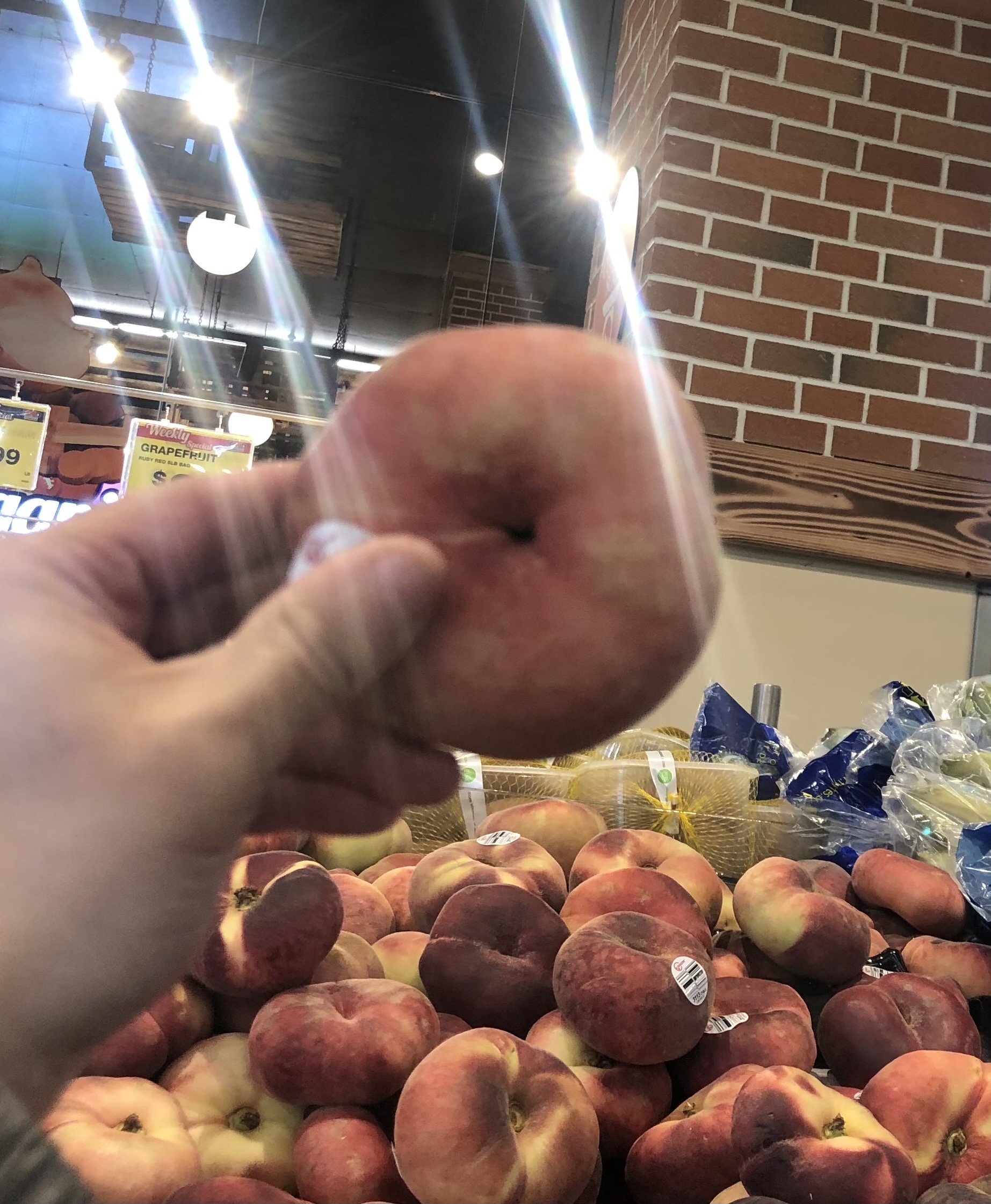

Thanks!


Thanks!


Basically make sure you sterilize everything you use. I made a pineapple cider that went bad due to using an unsterile spoon during the fermentation period.


Nope. I use 100% single fruit juices. I sample each batch, if the juice is too tart or doesn’t have enough sugar to produce enough alcohol then I add some simple syrup made with freshly boiled water and let cool before pouring it in, then I add the yeast.


Pretty simple, after a thorough sterilization I use three full 32oz bottles of the juice brand you see there. Added a gram of cider yeast, placed the lid on and the glove acts as a makeshift pressure gauge that would balloon a bit at the height of fermentation around two-three days in depending on the sugar content. Squeezing the CO2 out and seeing how many seconds it takes to fill again should give you an idea of the fermentation rate. The yeast is a special formulation, Cider House Select Premium, works really well as I can have cider in as little as 4 days, up to 7 if the sugar content is higher. I keep it in a dark, temperate, dry place and use a sterilized electric drink pump from Amazon for bottling.


Considering that in the US, food and drug safety laws were passed in the early 1900s because of often toxic additives used as fillers to help stretch production. An investigator for the proposed bill who happened to be a bit of a whiskey connoisseur was presented with two whiskeys, one unmolested and the other cut with a substance assumed to contain arsenic. He was sure that the one he chose was the true whiskey but when asked if he’d bet his life on it, the drink was pushed aside and the bill was green lighted.
As someone that grew up having homemade…
Like disappointment.
Stay tuned, it should be ready by Xmas!